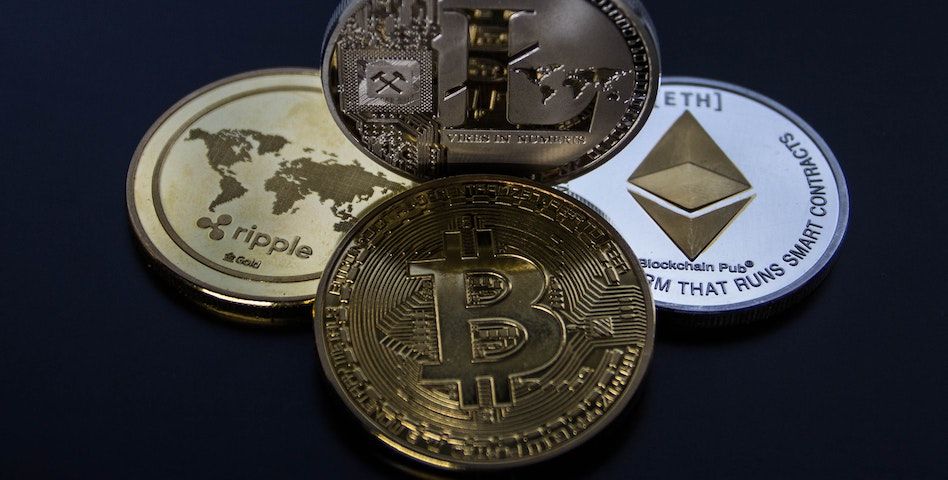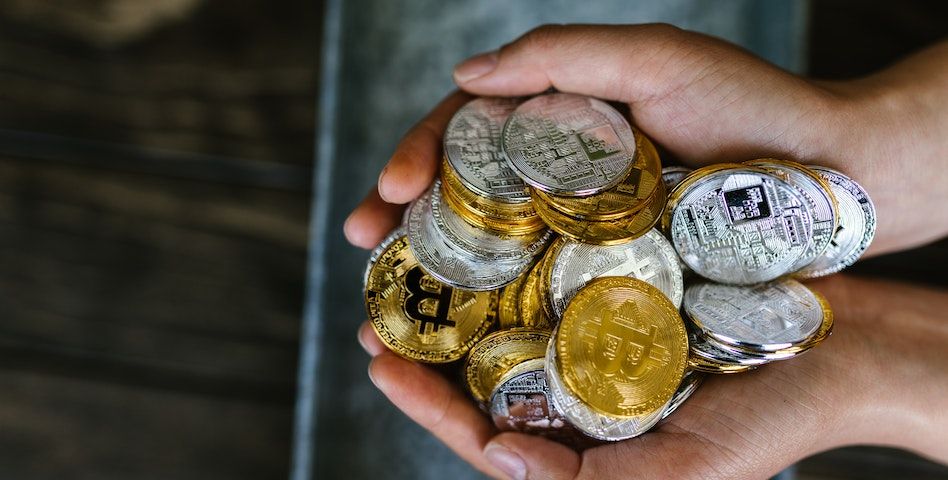
Future Of Cryptocurrency
Let's know the future of Cryptocurrency and understand different aspects of it, right here in this blog. Keep reading! Keep investing!
INTRODUCTION
Let's begin reading what exactly is crypto currency and what made it rise?

What is crypto-currency?
A crypto currency is a digital or virtual currency that uses cryptography to secure, create and control its transactions. Unlike traditional currencies, which are issued by central banks, crypto currency has no central monetary authority, operating independently of a central bank.
The rise of crypto-currency
At present money transactions from one person to another person go through financial institutions such as banks. The invention of cryptocurrency allowed user to user transactions without the need of intermediary institutions. Through cryptocurrency, users can directly send money to other users.
Types of crypto-currencies
Bitcoin is the first crypto currency which came to public notice in 2009. Following this a number of other crypto currencies, such as Ethereum, Ripple, Litecoin exist in the market. Crypto currency can be exchanged for other currencies, products, and services.
Bit-coin
This bitcoin is built using blockchain technology. There are a limited number of coins. And Every bitcoin has a unique code. Every transaction of the coin is stored as a block, and all the transactions for the particular coin are connected like a chain, and hence the name blockchain technology. And all these details are available in a public ledger, which anyone can check. For every coin, we can know the transactions of its exchange.
A BRIGHT FUTURE

Security
Unlike bank transactions, Crypto transactions are completely anonymous. A person can only know the addresses of crypto on which the payment has been sent and received. But to whom these addresses belong cannot be identified. This anonymity feature offers security against fraud and identity theft.
Transaction fees
Banks do charge us a part of the money we send or receive. With cryptocurrency, middlemen like banks will be eliminated, hence there will be no loss to us in financial transactions. Also, the fee for crypto transactions is relatively low as compared to other digital transactions such as credit cards and other modes.
No need for currency exchange
Due to the dramatic rise in its popularity among the masses, it is gaining wide acceptance as a payment method. While travelling the world, there will be no hurdle of exchanging our currencies with local currencies.
A benefit to the economically weak countries
Cryptocurrency can be a good alternative for countries which have weak economies. Because a weak economy results in the fall of currency value. Then they have to pay more money to other countries for trade, services etc. But if they use cryptocurrency as an alternative currency, they can avoid this situation to some extent.
THE CHALLENGES
There is nothing without challenges!
Dangerous Anonymity
In public ledgers, which contain information regarding transactions, personal information is hidden. We cannot know the details of persons who did the transaction. Because of this, cryptocurrencies are being misused for illegal activities such as drug dealings etc.
No regulatory body
There is no regulatory body, which is an advantage of cryptocurrencies because it allows decentralised transactions, but it is also a disadvantage. If you lose your virtual coins, nobody can retrieve them for you. There is no responsible authority.
Safety of the currency
Crypto transactions are irreversible in nature. Funds sent to a wrong address cannot be traced back and results in loss of all the transferred money. If the storage device in which crypto currencies are stored gets damaged or lost, then the lost Bitcoins cannot be recovered by any means.

Acceptance By Other Countries
With governments of different countries having different attitudes towards considering crypto currency as a legal tender, people unaware of its mechanism consider it to be a risky investment. The value of cryptocurrency is highly volatile, because its value depends on its demand. Cryptocurrency has no value in itself. It’ll have value only if there is a demand for it. For example, if 1000 members want to buy bitcoins, its value increases. And at the same time if 1000 members sell their bitcoins to invest in another cryptocurrency for example Ethereum, the value of bitcoin will decrease.
CONCLUSION
Scope for development
Cryptocurrencies are still in the initial stages and the technology is constantly evolving. So, if cryptocurrencies are evolved in such a way that the loopholes are solved, they may compete with the formal financial institutions.
Crypto-currency as accepted by the world
The current number of unique active users of crypto currency wallets is estimated to be between 2.9 million and 5.8 million. Vanuatu, a Pacific Island Nation, located in the South Pacific Ocean became the first nation to accept Bitcoin in Exchange for payment for its citizenship program.

Block-chain and it's future
Keeping in mind the decentralised storage and security, it is possible to say without any hesitation that Block-chain technology is futuristic and revolutionary with the prowess to improve and develop new systems in various fields.
It is highly unlikely that the demand for cryptocurrency will beat the demand for standard currency, because of the high risk involved. But we can take the best thing in this innovation that every coin has unique code and all the transactions of every coin will be recorded. This is a wonderful concept to eliminate money laundering in the economy. Also, with the block-chain, it is exciting to see what its next big achievement could be!